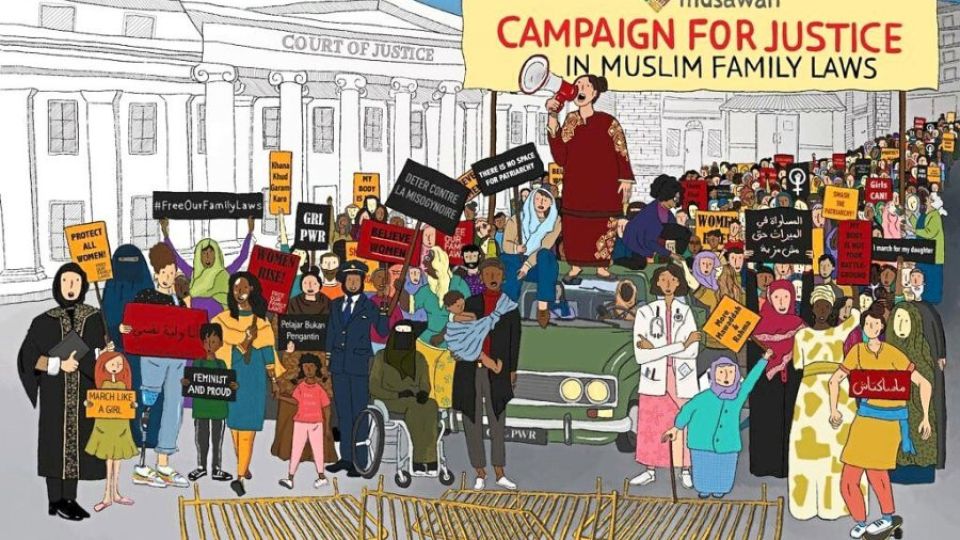July 10, 2023
PETALING JAYA – Musawah’s Campaign for Justice (CFJ) in Muslim Family Laws has recently launched its inaugural microsite, which houses the world’s first and only global repository of Muslim family laws.
The online archive includes country overview data and tables with detailed and vital information on legislation, case law, procedures, policies and practices in over 38 countries in the Middle East and North Africa, Sub-Saharan Africa, as well as South and South-East Asia.
Musawah – launched in Feb 2009 – is a global movement for equality and justice in the Muslim family and comprises NGOs, activists, scholars, legal practitioners, policy makers and grassroots women and men from around the world.
According to Musawah senior programme officer Syirin Junisya, CFJ’s mission is to “accelerate action towards a world where Muslim family laws, procedures and practices recognise and grant women full equality and autonomy in the family because Muslim women and girls in many parts of the world are severely discriminated against”.
“This will make fair and equitable access to justice in formal and informal court systems and promote ‘family’ in all its diverse forms as a compassionate and secure space for Muslim women,” she says.
Since 2012, Musawah has been researching Muslim family laws and practices that enforce de jure (legally recognised whether the practice exists in reality) and de facto (exists in reality even if not legally recognised) discrimination against women in various Muslim majority and minority countries.
Its report on Cedaw (Convention on the Elimination of all Forms of Discrimination Against Women, an international treaty adopted in 1979 by the United Nations General Assembly) and Muslim family laws tracked Cedaw compliance in addressing discrimination against Muslim women on family law matters in 44 different countries.
Musawah’s work in international advocacy, capacity building and knowledge building has made mapping out and tracking positive developments in Muslim family laws globally possible.
According to Syrin, the repository will benefit “anyone who has an interest in women’s issues, and specifically, students, academicians, and women’s groups who seek data for advocacy endeavours”.
“Musawah believes that reform of discriminatory Muslim family laws is not only necessary but also possible. Over the past two decades, studies and activism to reconcile religion and rights in the Muslim world have grown exponentially,” she says.
As the global movement for equality and justice in the Muslim family, Musawah is at the forefront of this endeavour to bring about change in the way Islam is understood and used in law and in practice to govern the daily lives of women living in Muslim contexts, she concludes.

